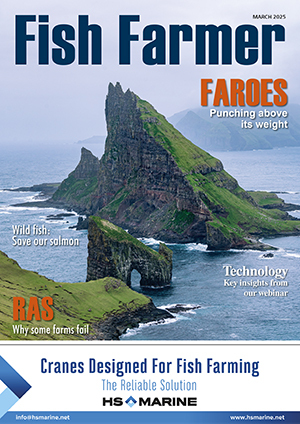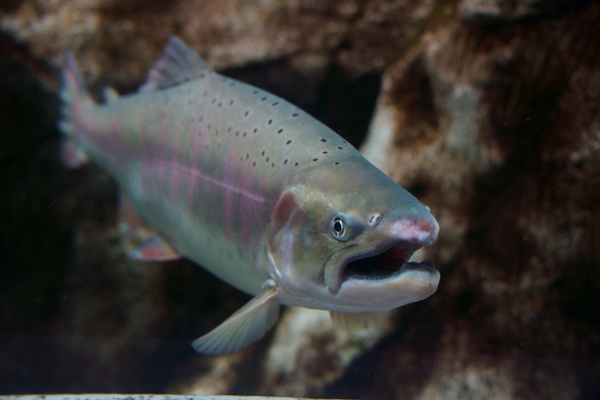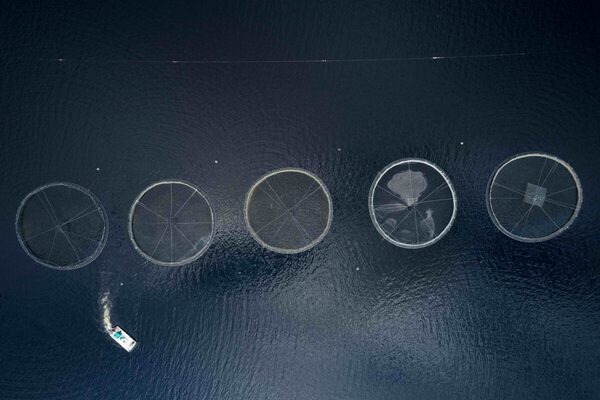Question time as Westminster MPs put salmon in the spotlight
MPs in Westminster’s Scottish Affairs Committee have been quizzing the salmon industry on fish welfare and sustainability.
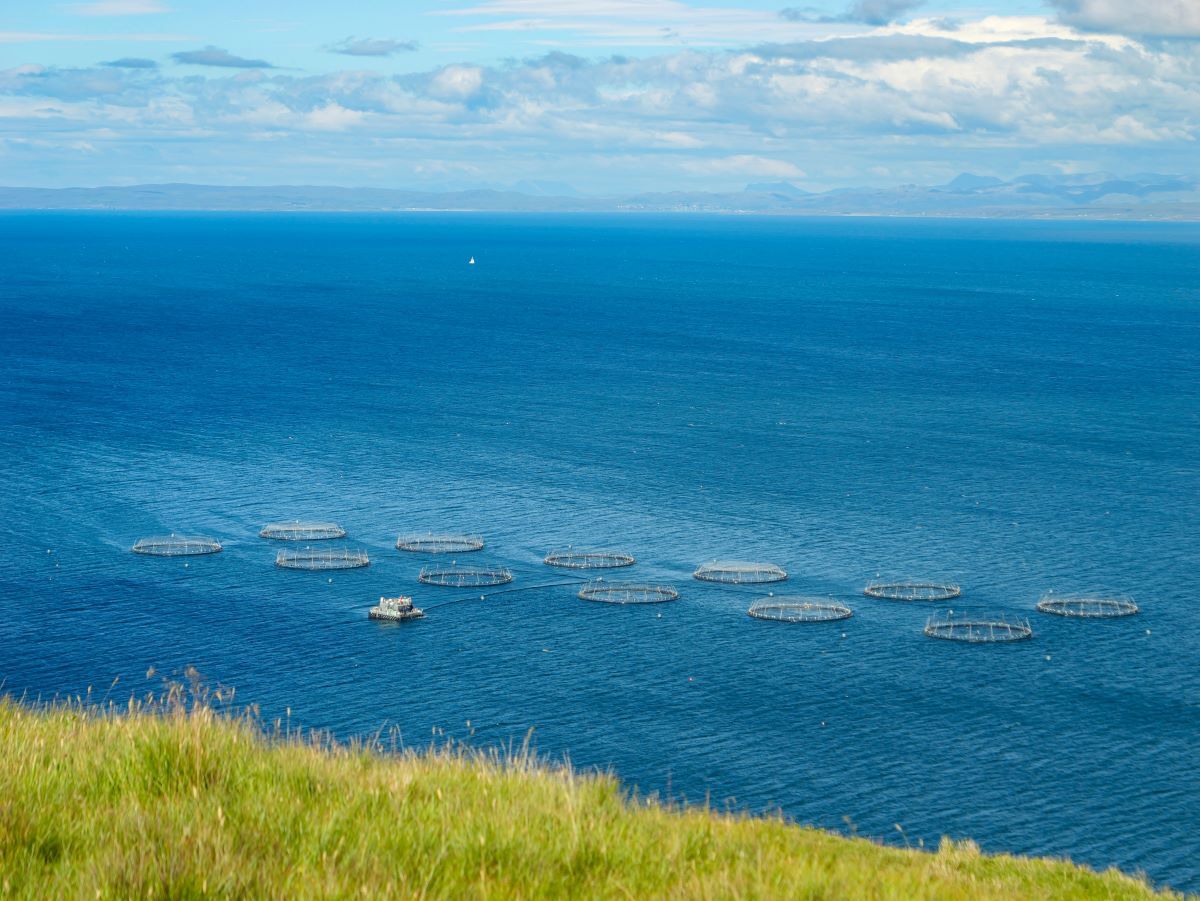
While we await the conclusion of Holyrood’s inquiry into salmon farming, MPs in Westminster were also conducting their own inquiry asking probing questions – and the RSPCA repeated its calls for new laws on fish slaughter.
The House of Commons’ Scottish Affairs Committee held a one-off evidence session exploring salmon farming in Scotland on 4 December. While salmon farming is an important employer in many of Scotland’s rural and island communities, a spokesperson explained, “…concerns have been raised about the industry’s sustainability and its plans for further expansion”.
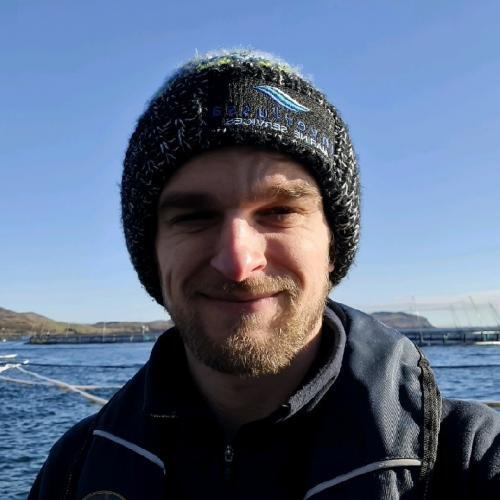
Sean Black, RSPCA
In the first panel, the committee of MPs heard the views of the RSPCA, via its Senior Scientific Officer for Aquaculture Sean Black, and the Marine Conservation Society (MCS), through its Aquaculture Policy Officer Sarah Evans. The discussion focussed on the industry’s environmental impact as well as farmed salmon welfare, and how its performance on these issues should shape further expansion.
In the second panel, members questioned the sector trade body Salmon Scotland alongside the two largest producers of Scottish farmed salmon, Scottish Sea Farms and Mowi Scotland. Questions explored the industry’s contribution to Scotland’s economy and the rural communities it is based in, and asked about the recent increased rates of farmed salmon mortality.
In the earlier session, the committee’s Chair Patricia Ferguson MP (Glasgow West, Labour) focused on the lack of consistent data.
“The Marine Conservation Society has previously described salmon farming as a ‘data poor industry’,” she said. “Do you think there are still gaps in the data about the industry’s practices and performance that you would like to see rectified?”
“Yes,” affirmed the MCS’s Sarah Evans: “We need to recognise that data in the salmon farming industry needs to be available, consistent, and it needs to be able to be used by decision-makers with confidence.
“What we would like to see for data in the salmon farming industry is one repository for all the data. We need it to be using consistent units. It needs to have common terminology available and at the moment we think that can be lacking in certain areas, particularly between the different regulatory bodies in the media that are reporting on it.
“I think there can be a little bit of confusion about what is actually happening within the industry. The Scottish Aquaculture website is quite a good opportunity for that to be done, although that website would need development.”
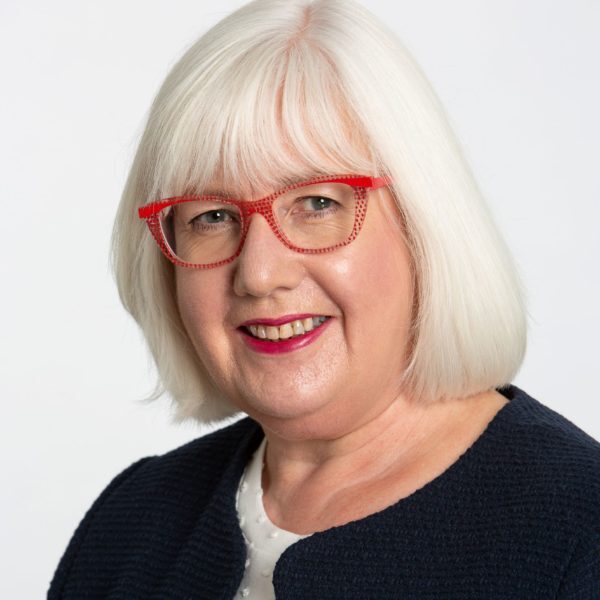
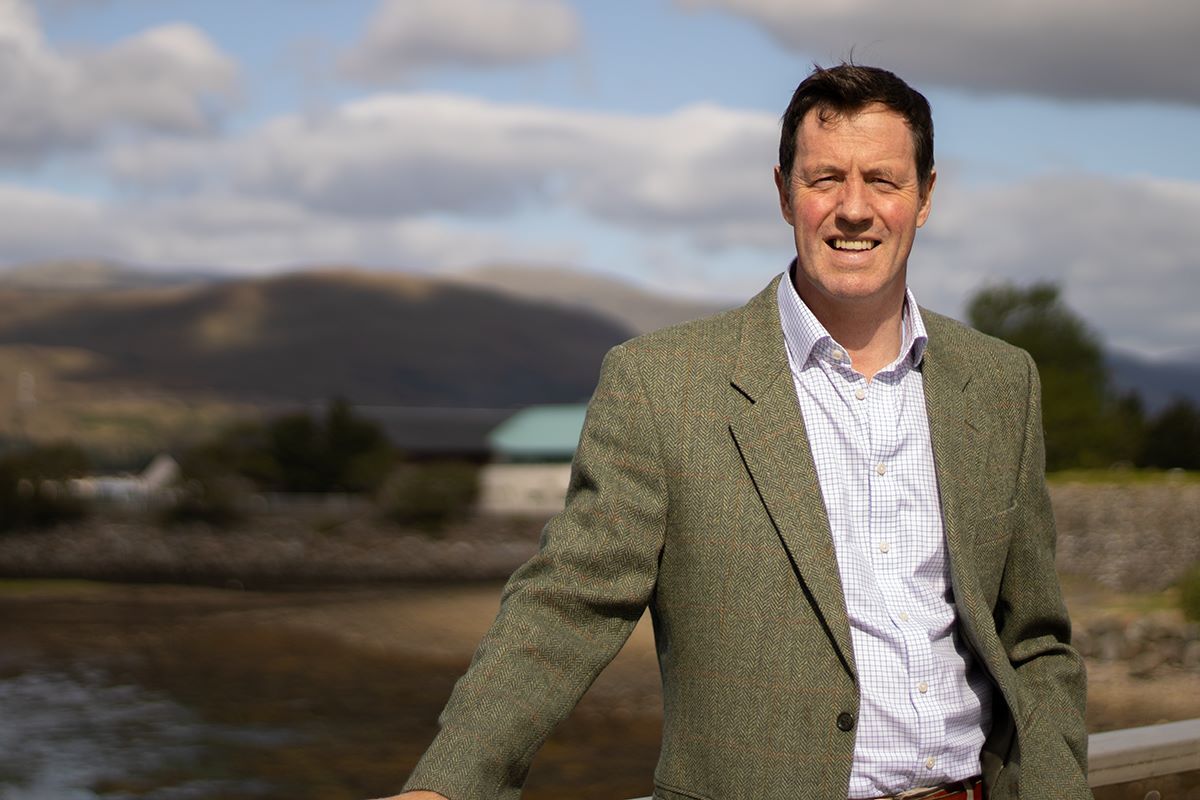
Calling for clarity
As if to prove the point, Lib Dem MP Angus MacDonald MP, whose Inverness, Skye and West Ross-shire constituency includes many fish farms, sought clarity about salmon deaths from the RSPCA.
“You said morts are 25% annually,” Mr MacDonald told Mr Black. “We know there are about 150,000 tonnes of salmon produced a year. Let’s take it as 12,500 per month. The industry claimed there are 2.5% of morts in a month. That is 3,750 tonnes a year, so it is 312 tonnes times 12. In your paper you say it is 25%. That is 37,500 tonnes. It is 10 times the amount. That is 1,125 tankers of dead fish.
“Either we have an extraordinary problem with 25% dying or it is 2.5%. Obviously, if this was a farm with cattle or sheep, this would be an enormous issue. I am reasonably good at numbers, but I do not understand. Either we have 25% dying or we have 2.5% dying?”
Mr Black replied: “It is definitely closer towards 20% to 25% over a year. The yearly percentage of mortalities in Scotland has bounced around that 20% for quite a long time. I know the industry wants to drive that down and we are certainly keen to see that driven down as well, and it is through the identification of the challenges.
“Fish are very different from terrestrial farm animals. They have completely different life strategies. They produce a huge amount of eggs and they have a very high mortality rate at sea and in nature, so it is difficult to compare apples to oranges. The numbers can be very confusing, as we are demonstrating today, because they come from different sources.
“We have farms on the RSPCA Assured scheme that are around 10% mortality over a crop. We want to be aiming for: how can we get all farms down towards that level?”
The Chair, Ms Ferguson, also asked Mr Black about welfare standards. “The RSPCA’s President, Chris Packham has publicly raised concerns about fish farming and farmed fish welfare,” she said. “Does the RSPCA share those concerns?”
Mr Black responded: “The RSPCA is proud to have Chris Packham as its President, but the comments that he made at that time were in his personal capacity and are not reflective of the RSPCA .
“We do want to improve the lives of all animals, particularly farm animals. There are challenges for all farm animals in the UK, not just farmed fish, but we do want to see further improvements over time.”
Shortly afterwards, Chris Packham was to resign from his RSPCA postion over the issue.
Lillian Jones MP (Kilmarnock and Loudoun) was keen to ask what the UK Government could do.
“Environmental protection and animal welfare are both devolved to the Scottish Government,” Ms Jones said. “However, could the UK Government also be taking action to support the sector’s sustainability?”
“Yes,” confirmed Mr Black. “I think it can at a UK level. We have also been involved in looking for the UK Government to implement legislation at the time of killing farmed fish.
“At the moment farmed fish in the UK do not have species-specific legislation in the same way that terrestrial farm animals do, so along with other animal welfare NGOs, we have been pushing for that to be implemented by the UK Government.
“I know there is work going on on that, but we would advocate that that moves with pace because having that legislative position there gives a lot more confidence to consumers that farmed fish are being treated humanely at the time of slaughter.”

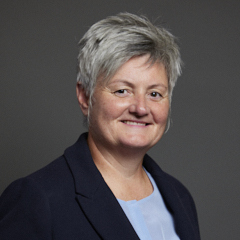
Salmon survival
In the later morning session, Labour MP Elaine Stewart (Ayr, Carrick and Cumnock) focused on warming seas, asking Ben Hadfield, Chief Operating Officer for Farming (Scotland), Mowi: “What risks does climate change pose to the industry’s long-term future, and how can those risks be managed?”
Mr Hadfield replied: “Salmon is a bit like wine in the sense it is farmed in two bands in the northern and southern hemisphere, so where you have the right temperatures down in Chile there is big production there. It is the same in Norway, across Scotland and in Canada. To put it in context, the temperature in the sea in June 2023 was three degrees warmer than it was in June this year. That is a massive change.
“That brought with it algal species that we have not seen. Some of them were toxic. Some of them were very irritating to the gills. They are made of silica; they are very spiky. It brought with it jellyfish that you would normally see down in the Bay of Biscay up in the Hebrides of Scotland and those stung the gills and irritated the fish and caused a lot of mortality.
“Climate change is having an effect, but it is also the cycles of El Niño and La Niña that are kicking in. It is not going to get to the situation where you cannot farm salmon in Scotland, but it is a situation where it is harder to farm salmon, and mortality in what is quite a long cycle, over a year and a half, will increase.
“This is the primary thing that is driving down survival in wild salmon numbers in the British Isles. When people tell you salmon farming is having a big impact, potentially it has a small impact, and we are prepared to discuss that, but the principal thing that is driving down the survival of wild salmon is the same thing that is affecting the survival in our farms. We just have to manage it and cope with it.
“When we did a previous inquiry, a member of the Green Party was pushing hard on, ‘Should we stop salmon farming?’ Well, that is a great idea, isn’t it? Let us just stop producing our own food and import it and import all our energy and then where are we going to be? Sorry to use such an emotive answer, but the industry has to just cope with this, invest, use the best possible people and the best possible science and deal with the changing environment. We can show you evidence today that that is exactly where we are at and that is what we are doing.”
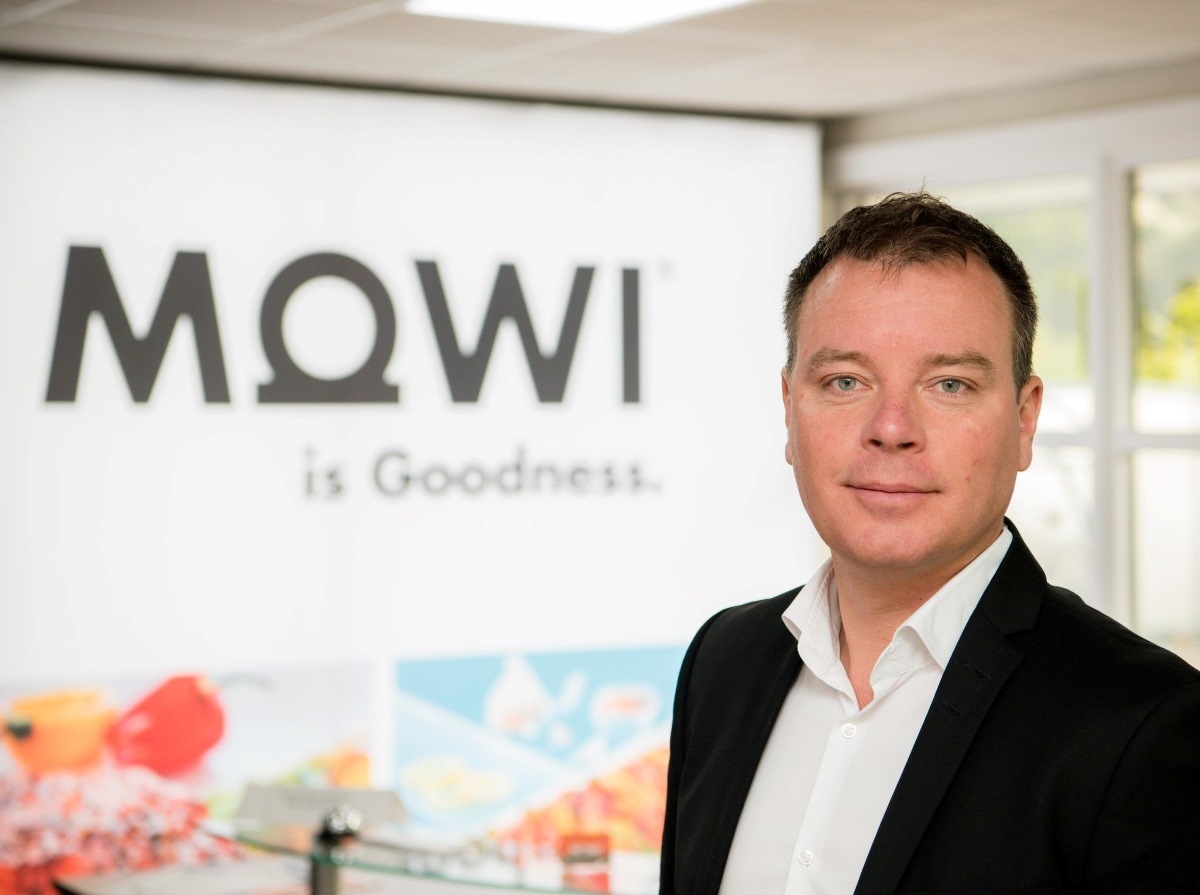
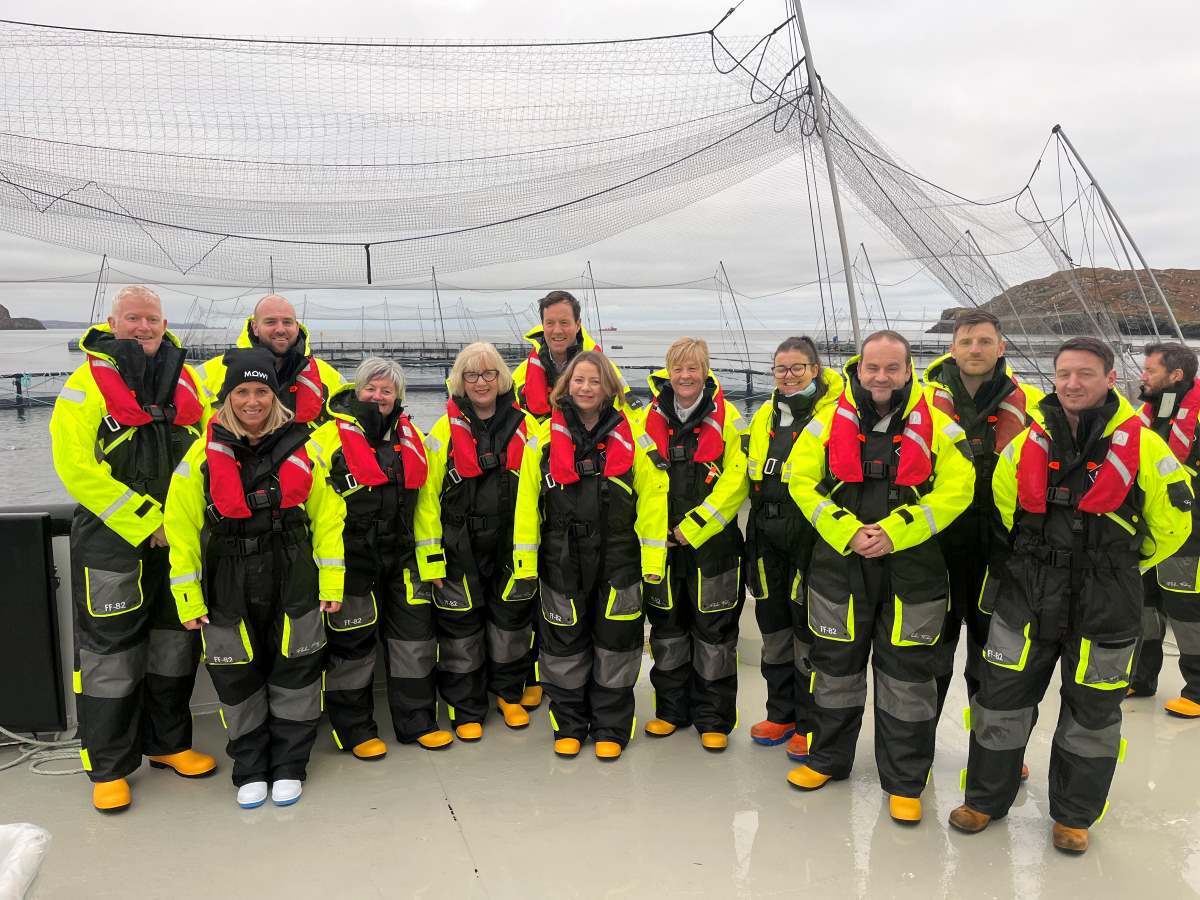
MPs visit Mowi’s Loch Erisort farm
Following the parliamentary hearings, members of the Scottish Affairs Committee visited Loch Erisort salmon farm as part of a fact-finding visit to the Western Isles.
Nine MPs joined the trip to the Mowi salmon farm and met with local workers, including the company’s regional manager Don MacLeod and area manager David MacMillan, who hail from the Isle of Lewis, on Wednesday, December 11.
The visit came a week after the committee held a one-off session exploring the economic benefits of the Scottish salmon sector, with representatives from industry body Salmon Scotland, and producers Mowi Scotland and Scottish Sea Farms.
The Scottish Affairs Committee is chaired by Labour MP for Glasgow West, Patricia Ferguson, and the membership includes the Liberal Democrat MP Angus MacDonald, whose Inverness, Skye and West Ross-shire constituency is home to a number of salmon farms.
The MPs were given an overview of Mowi’s salmon farming operations, the production cycle including the supply chain, community benefit, and career opportunities within salmon farming.
Salmon Scotland said the visit also provided the opportunity to tackle some of the myths and misconceptions that are pushed by anti-salmon farming activists as well as future development plans that include consolidating existing sites with fewer, larger pens and their plans to continue to invest significant sums in Scotland.
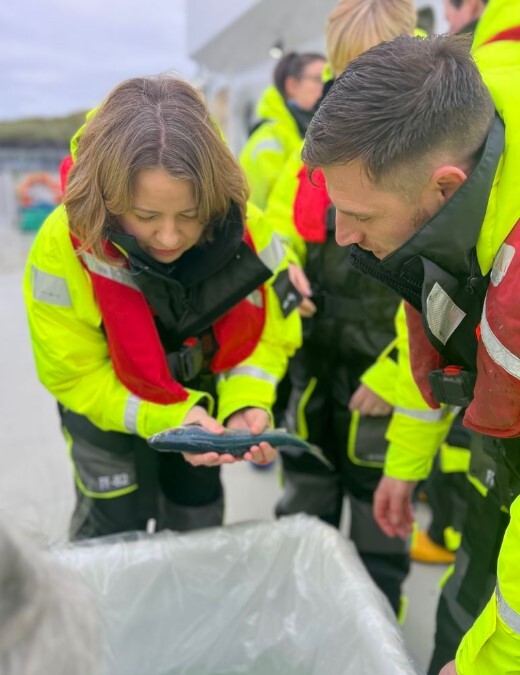
Bathgate and Linlithgow MP Kirsteen Sullivan examines a Scottish salmon at Loch Erisort
‘A valuable export’
Patricia Ferguson MP, Chair of the Scottish Affairs Committee, said: “The committee was pleased to visit Mowi’s salmon farm at Loch Erisort as part of our trip to the Isle of Lewis and Harris.
“Salmon is a valuable export for the Scottish and UK economy, and the aquaculture sector is an important employer in Scotland’s island communities.
“During our visit we learned more about the challenges and opportunities for the sustainable growth of salmon farming.”
Tavish Scott, Chief Executive of Salmon Scotland, said: “We welcome the interest in our sector from the Scottish Affairs Committee and the chance to get MPs out onto a salmon farm to see for themselves the reality of salmon farming on Scotland’s rugged west coast.
“The MPs were fully engaged and learned more about the benefits salmon farming brings to Scotland, and what role they and the committee can play in supporting the responsible growth of our sector.
“It was also a good opportunity to welcome new MPs from central belt constituencies given the importance of salmon supply chain businesses right across Scotland.
“Scottish salmon is the UK’s number one food export and contributes £760 million to the Scottish economy every year.
“We look forward to working with the committee and individual MPs to ensure the Scottish salmon sector is at the heart of the government’s thinking.”
